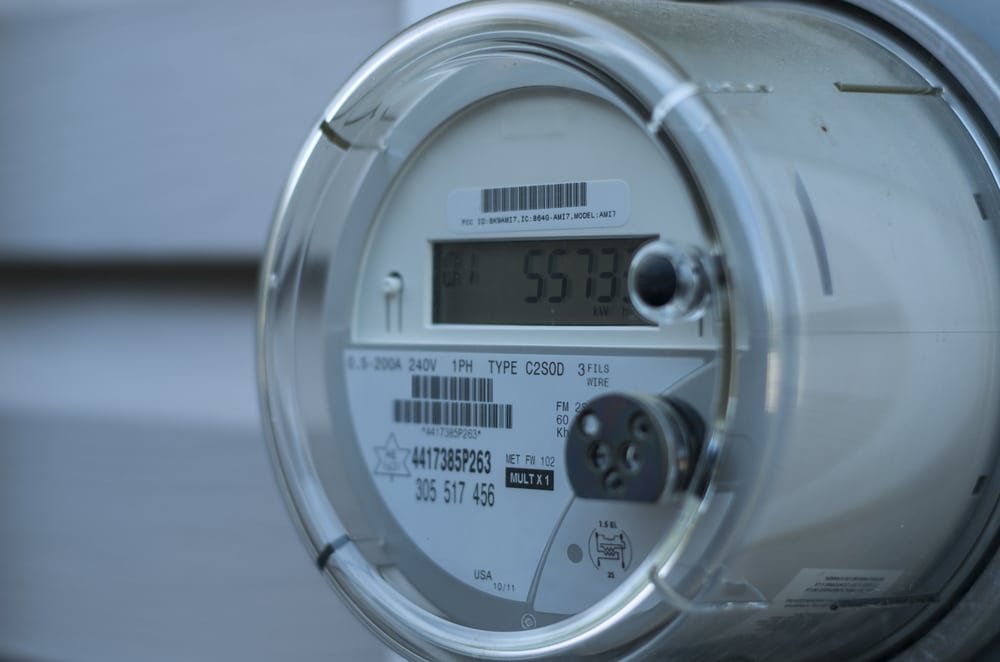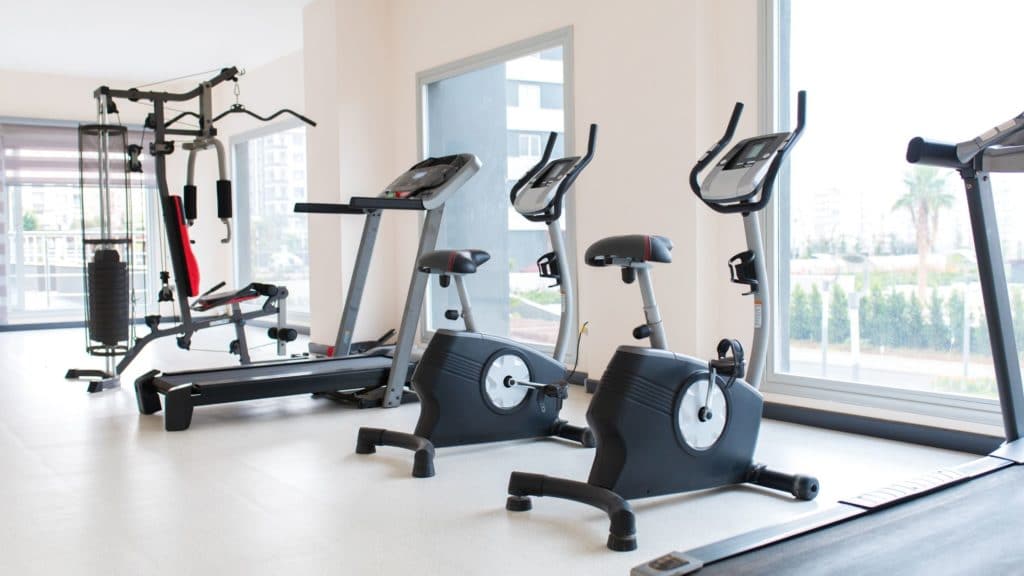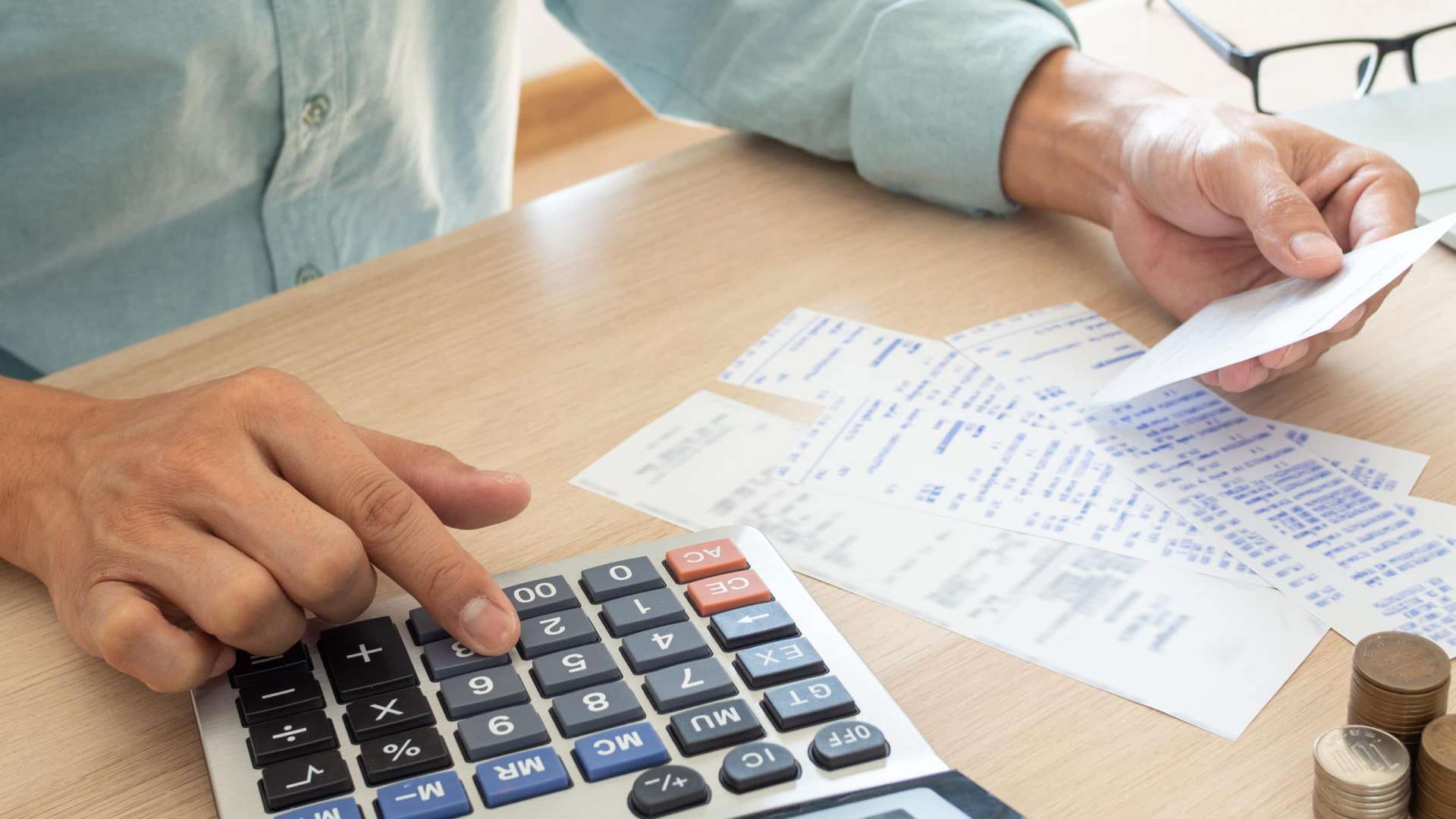As landlords, we often get asked the question: what bills do I have to pay when I live in apartment?
At Fidelity Management, our fee structure is pretty simple, but this blog post is meant to help renters nationwide who also have the same question.
After 50+ years of managing apartments and countless hours studying of the market, we have crafted this blog post in a way we find is most helpful to the typical renter.
We broke it out into three categories:
- One Time Bills – You Only Pay These Bills One Time (when you move in)
- Re-Occurring, Common Bills – These are bills you owe each month
- Re-Occurring, Less Common Bills – These are bills you owe each month, but most apartments do not charge them. However, yours might…so we included them.
One-Time Bills
These are bills you only need to pay one time – that is upon your move in. These include:
1. Security Deposit
While you should get your security deposit back at the end of your lease, assuming you abide by conditions of the lease, this is still a significant amount of cash you will owe up front. It is a one time fee often times equal to one month’s rent.
2. Application Fee
This is a one time fee to apply and get your credit checked. Typical application fees are around $50 to $200 per applicant.
3. Admin Fee
An admin fee is usually a fee that the landlord will charge to cover additional overhead related to your lease preparation and other documents. Typical admin fees are $150 to $300.
4. Pet-Bill or Amenity Fees (one time)
You could also see a one-time pet fee. Usually one time fees are about $500 per pet. There could also be, in addition to this, on-going pet costs.
Similarly, there could be a one time amenity fee. Usually one time amenity fees are around $500. There could also be, in addition to this, on-going pet fees.
Re-Occurring Common Bills

Some of the standard bills you will need to pay each month likely include the below. While it may seem like a lot, a simple summary of on-going bills you need to pay in an apartment is rent, utilities, pet, parking, and renter’s insurance.
It’s a good idea to ask your landlord for a list of all bills and what is included in rent versus not included.
1. Rent
This is what you owe each month to reside in the apartment. It will almost certainly be the highest bill you owe.
2. Water
This is typically either a flat bill or based on usage. This can vary a lot but might be around $50 to $100 per month depending on locale and how you are billed.
3. Sewer
This is also either flat bill or based on usage. It can vary a lot but might be around $50 to $100 per month. Some apartments will combine water/sewer into one bill.
4. Gas
This is only applicable if your building has gas. Not all apartment buildings have gas. Gas could be used for your heating and/or cooking. Gas prices can vary a lot. It could easily be $80 to $200 a month for gas bill.
5. Electric
Everyone will have an electric bill (unless it is included in your rent). Electric is for your lights and can also be for your appliances and heating and air conditioner, depending on if you have gas or not in the building. Electric could easily be $100 to $500 per month.
6. Internet/Cable/Phone
If you need internet or TV, you will have this bill unless you are streaming from your phone or other method. Most apartments do not include this item is rent (exception for college student housing).
7. Pet fees
If you have a pet, you likely have to pay pet fee. Typical pet fees are $25 to $50 per month, per pet.
8. Parking
Parking at apartments is usually extra. Generally speaking in highly desirable urban centers, parking can be $150 to $500 per car per month, compared to suburban areas of about $25 to $75 per month.
9. Renter’s Insurance
Some apartments require it, and others just recommend you get it. At Fidelity Management communities, we require our residents purchase it. Irrespective of our requirements, our personal opinion, from years of managing apartments, is all else being equal, to purchase renter’s insurance.
For about $10 to $50 per month, the upsides (in our opinion) almost always outweigh the downsides.
If there is a major covered event like a flood or theft, and your policy covers it, you will be very thankful to have it.
Re-Occurring Less Common Bills
Some of the less common apartment bills include:
1. Trash
Some apartments charge for trash. Typical fees would be about $10 per month. If valet trash service is offered (where you leave trash outside your door), it could be $25 to $30 per month.
2. Amenity Fees
Some apartments charge for amenity fees. If charged, would be about $50 per month
3. Pest Fees
Some apartments charge for pest fees (regardless of if you have pest problem). This could be about $5 to $20 per month.
Other Thoughts
Although you are generally expected to pay for utilities, who you pay will vary from building to building so it’s best to find out in advance. For example, in some instances, water may be included in your rental cost, and in others, you may have to for it.
Be sure to check the lease to get a detailed idea of what costs are included as part of your rent and what is not so there are no surprises later. Do not have any verbal agreements always get everything in writing to eliminate the chance of any miscommunication.

Summary
To summarize, rent is not the only expense you need to consider. There are one-time fees such as application fee, admin fee, security deposit – as well as on-going bills such was water, sewer, gas, electric, pet fees, parking and renter’s insurance.
The good news is that you don’t need to memorize this article or guess what your bills will be. Simply ask your landlord for a breakdown of all the bills that are one-time and recurring.
Ask for a list of how they are paid and whom to pay.





